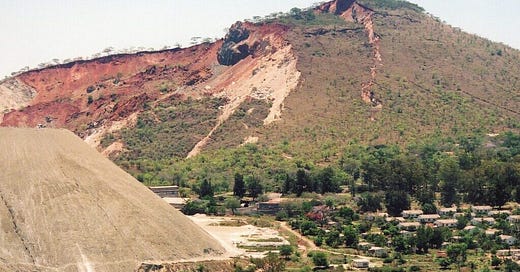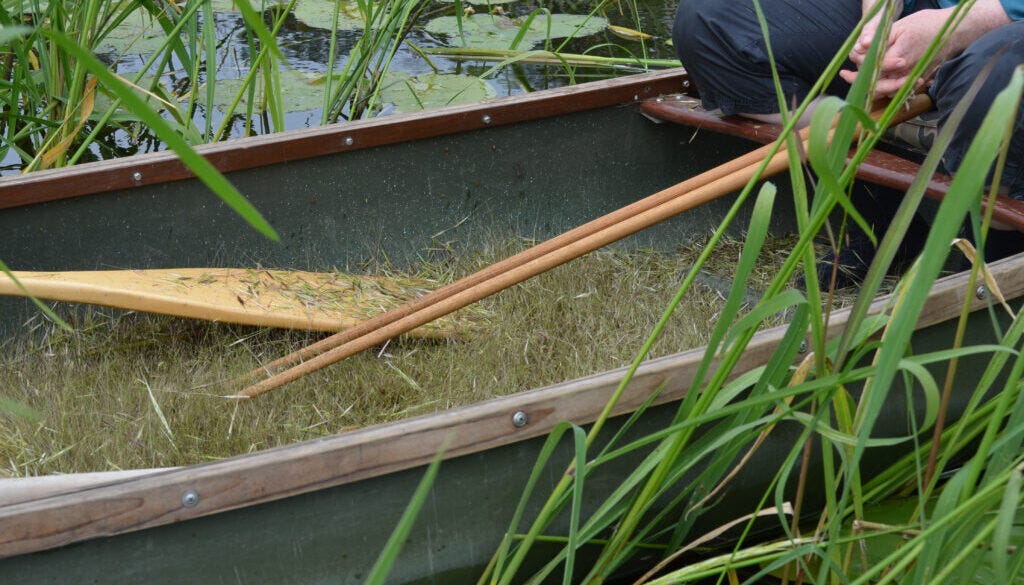Must-read recap: The New Lede's top stories
Debate grows over "green" mining; families demand Yale revoke degree of convicted asbestos billionaire.
Families demand Yale revoke degree of convicted asbestos billionaire
Families of those killed by asbestos-related lung diseases are demanding that Yale University revoke an honorary degree given to a Swiss billionaire who was recently convicted of aggravated manslaughter in the deaths of over a hundred people linked to asbestos exposure.
The effort is spear-headed by AFeVA (or the Associazione Famigliari Vittime Amianto), an Italian group made up of family members of those killed by diseases linked to asbestos exposure, and targets Stephan Schmidheiny, a former CEO of a Swiss asbestos cement company called Eternit. Eternit operated multiple asbestos mines and cement product manufacturing plants on multiple continents that exposed workers to harmful, cancer-causing asbestos.
Asbestos refers to a group of six different minerals that have been widely used in building materials and as a fire retardant. People exposed to asbestos are at increased risk of developing lung diseases, particularly mesothelioma, a cancer that affects the thin lining of the lungs. Just 10% of people diagnosed with mesothelioma live more than five years beyond their diagnosis.
This month’s conviction gave Schmidheiny a 12-year jail sentence over the deaths of hundreds of workers and residents due to asbestos exposure in Casale Monferrato, an Italian town that hosted one of Eternit’s largest factories until the plant’s closure in 1986. About 50 new cases of mesothelioma are still reported in Casale Monferrato each year, according to The Guardian. (Read the rest of the story.)
Amid Biden push for electric vehicles, debate grows over “green” mining
Minnesota, long known as the Land of 10,000 Lakes, is a heralded haven for people and wildlife alike, a state rich in natural resources.
But now, a nickel mine proposed for northern Minnesota poses a threat to the stability of precious wetland ecosystems, according to critics trying to block the project. Though backers of the mine claim it will be an environmentally friendly operation that provides crucial material for the production of electric vehicle batteries, challengers say the mine could actually create more environmental problems than it will solve.
The battle illustrates one of many challenges arising as the Biden administration pushes for a rapid transition away from fossil fuels and toward so-called clean energy. In May, the Biden Administration paused the environmental review process for an Arizona copper mine in the face of similar concerns from Indigenous tribes about what the mine there might do to water quality. (Read the rest of the story.)




